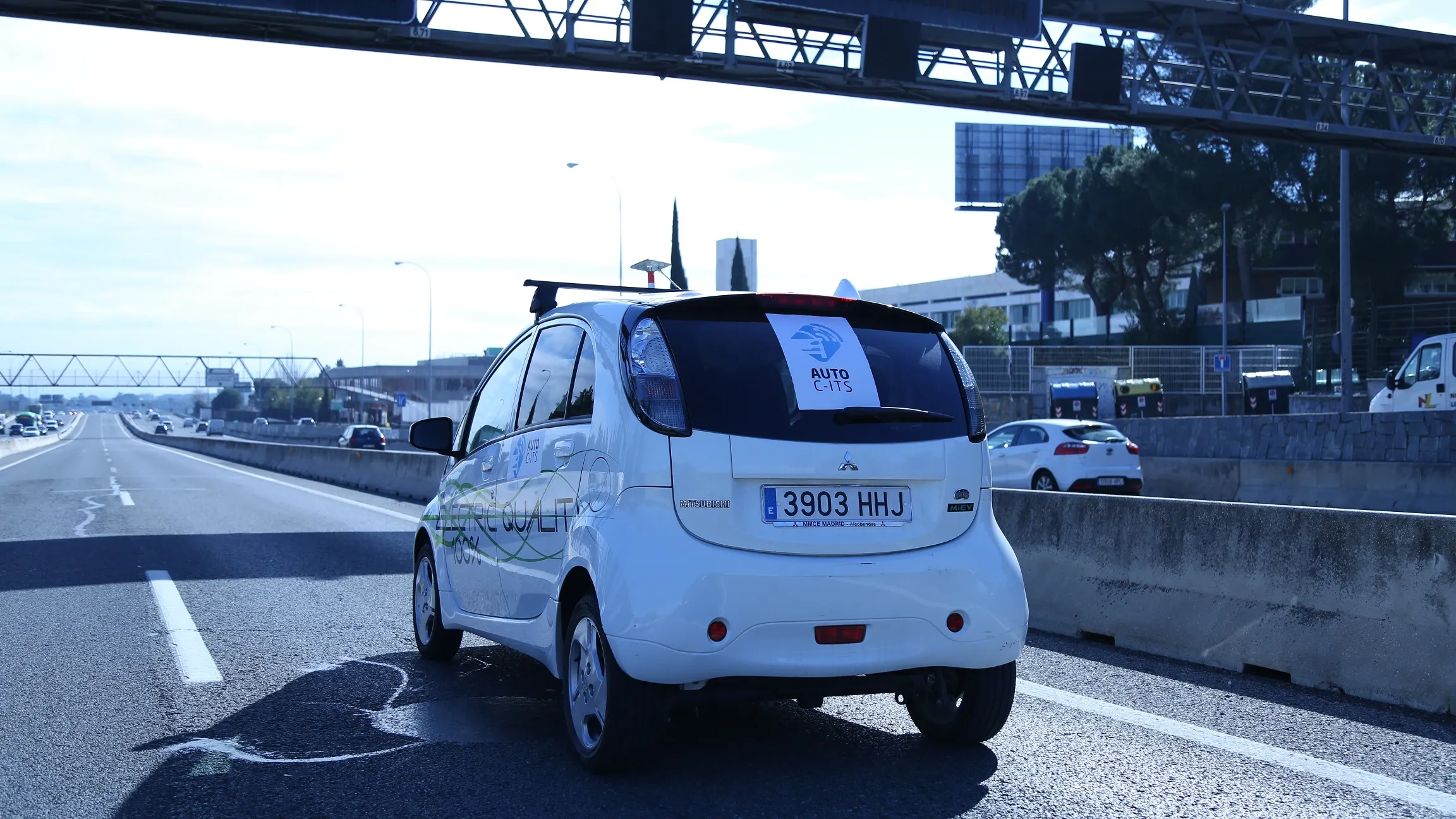Ontario, Canada, is supporting innovation in the transportation sector by launching the first automated vehicle (AV) pilot program in Canada, led by the University of Waterloo, the Erwin Hymer Group and BlackBerry QNX.
The pilot brings together a range of expertise from the research, manufacturing and technology sectors to advance innovation and capability in Ontario's AV sector.
The WATCar Project at the University of Waterloo's Centre for Automotive Research will monitor a Lincoln MKZ for performan
November 29, 2016
Read time: 2 mins
Ontario, Canada, is supporting innovation in the transportation sector by launching the first automated vehicle (AV) pilot program in Canada, led by the University of Waterloo, the Erwin Hymer Group and BlackBerry QNX.
The pilot brings together a range of expertise from the research, manufacturing and technology sectors to advance innovation and capability in Ontario's AV sector.
The WATCar Project at the University of Waterloo's Centre for Automotive Research will monitor a Lincoln MKZ for performance and test it on-road at different levels of automation.
Auto manufacturer The Erwin Hymer Group will test and monitor a Mercedes-Benz Sprinter van at different levels of automation.
Canadian software development specialist BlackBerry QNX will test a 2017 Lincoln with automated features.
In January 2016, Ontario became the first province in Canada to create a pilot regulatory framework to test automated vehicles on its roads. The pilot aims to help attract and enable research and development in Ontario in this emerging industry, positioning the province as a global leader in the AV market.
The pilot brings together a range of expertise from the research, manufacturing and technology sectors to advance innovation and capability in Ontario's AV sector.
The WATCar Project at the University of Waterloo's Centre for Automotive Research will monitor a Lincoln MKZ for performance and test it on-road at different levels of automation.
Auto manufacturer The Erwin Hymer Group will test and monitor a Mercedes-Benz Sprinter van at different levels of automation.
Canadian software development specialist BlackBerry QNX will test a 2017 Lincoln with automated features.
In January 2016, Ontario became the first province in Canada to create a pilot regulatory framework to test automated vehicles on its roads. The pilot aims to help attract and enable research and development in Ontario in this emerging industry, positioning the province as a global leader in the AV market.








